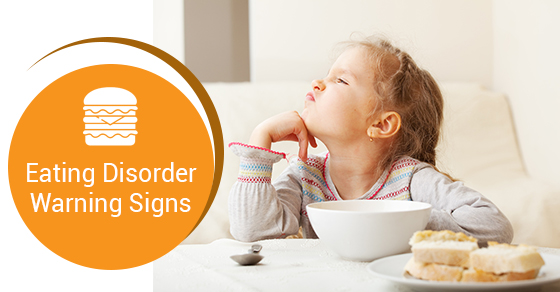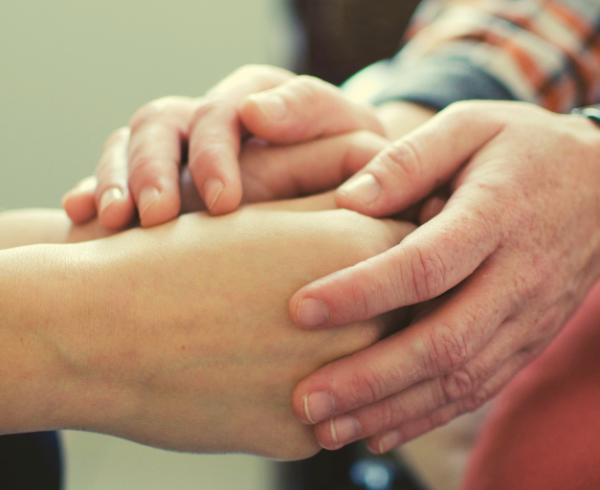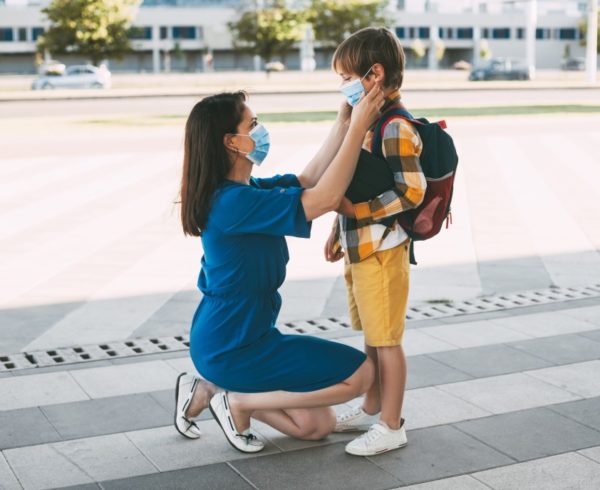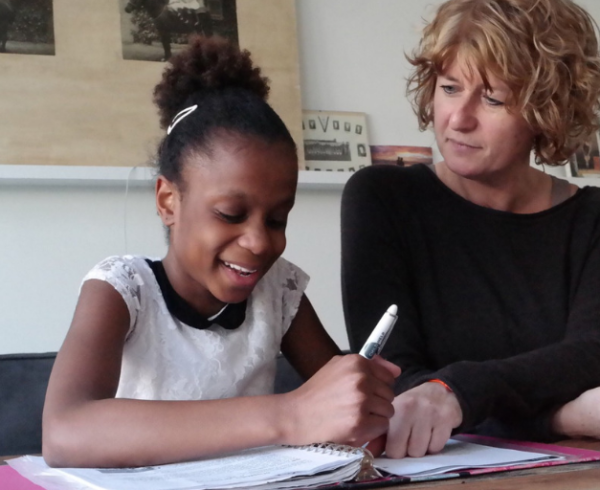Eating disorders often manifest themselves in very extreme ways. The behaviors associated with typical eating disorders often seem irrational to onlookers and are generally based on misplaced notions of beauty and attractiveness. They occur in both boys and girls, with a much higher incidence in females, but the effect on individuals and families is the same.

Here are 4 signs your child may have an eating disorder:
Deliberately keeping low weight is a warning sign that your child may be struggling with an eating disorder. Low weight is defined as a weight below 85% of the expected weight for a child, given their age, race, and other demographics. Being underweight and malnourished can have serious biological impacts, from slowed heart rate, fainting, and low body temperature, to fine hair growth all over the body as it attempts to keep warm.
Possessing an irrational or distorted view of one’s body. Children and young adults who are consumed with the appearance of a part or parts of their body, particularly how it relates to notions of thinness or fatness, especially when underweight, is a clear indicator of the presence of a pathological, unhealthy obsession with one’s body image. These weight fixations, coupled with the fact that they are usually the exact opposite of the objective, healthy reality, should be addressed immediately.
An obsessive need to be in control of one’s body image. This is a common symptom in male eating disorders. Young men who feel that the only control available to them in their lives is control over their bodies often spend unhealthy amounts of time exercising and buying and using pills and protein in an attempt to build and maintain what is their idea of a perfect body, something which they alone control the outcome of.
Anxiety or stress over missing workouts or deviating from meal plans. The compulsion to keep on schedule and maintain the ideal of a perfect body, especially for many young male teenagers, particularly for many gay male teenagers struggling with their sexual identity and the perceived implications for their masculinity, attempt to compensate for this by building their bodies into the epitome of masculinity. This requires countless hours at the gym and detailed, expensive, and highly regimented meal plans. A break in routine can mean a lot of mental anguish for young adults suffering in this way.
Knowing how to recognize the signs and symptoms of unhealthy attitudes and behaviors towards food and body in children and young adults has very far reaching implications. With the right knowledge, informed friends and family can go a long way in addressing problems and promoting long-term mental health in vulnerable young people.








Leave a Comment